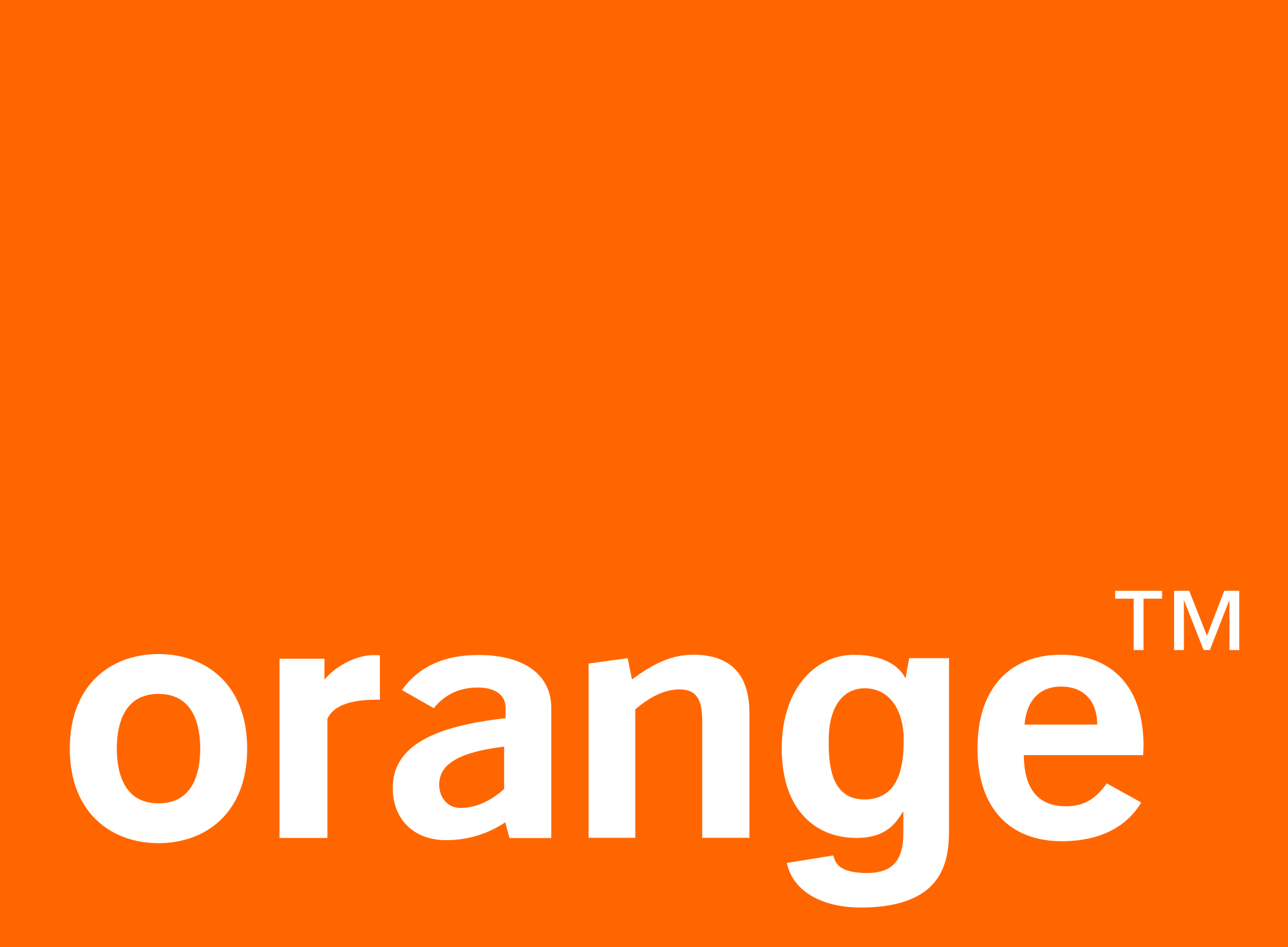…As DMO seeks literacy advocacy for the grassroots’
More expert views are still coming in to drive financial inclusion ahead of target year of 2020 when the country is expected to be on the pedestal of full financial inclusion in line with growing technology disruption in the banking space.
Making his submissions at the just concluded capital market summit organized by the Association of Stock Broking Houses of Nigeria (ASHON), the Managing Director of the Central Securities Clearing System (CSCS), Haruna Jalo-Waziri, said “The need has become pertinent to create the right digital products that would appeal to the group of Nigerians that are mostly excluded.”
Continuing, he added that until industry policy makers put the right structures in place that would stimulate financial inclusion growth in Nigeria, it would be hard to convince majority of Nigerians currently outside the digital banking space to come in seamlessly.
Jalo-Waziri argued that “We need to think about how do we build products and sell the right products to them. Are the policy makers thinking in the right direction understanding what we need to do, do they have enough knowledge, enough information required in policy making perspective to put the right thing in place and take certain decisions that would to ensure we have the right structures to make the market work for us.
“Again, if you walk back to the time we had a very strong market back the day when we had trading done in average of $100 million per day, what was driving market then was bank credit. If you look at the financial statements of banks today, compared to 2006-2007, what you can see is that the pattern of earnings and income is slightly different.
CSCS boss also argued that “If you compare what we have today in Nigeria and other markets, credit drives stock market whether you like it or not, if you look at products that trade in UK and New York, almost all the instruments traded are credit guaranteed
“We should put structures in place that would allow for the market to have credit. There are risks in giving out credits to capital market. It is done in other markets and how do they do it, you think about how to identify them, once you do that, you put in mitigants and then you price it and decide what you want to do.
While concluding, Jalo-Waziri averred that “We have to start thinking about how to get back credit into the market because when there is value in the market, volume being traded, people will see value in the market and want to participate, you have to create that value by ensuring that there is subscription and credit.”
Earlier in her presentation at the ASHON summit in Lagos, the Director General of Debt Management Office (DMO), Ms Patience Oniha tied success of financial inclusion to increasing literacy advocacy level through the establishment of a fund that would cater for the people at the grassroot.
She stressed that “We must address issues around confidence. We need to build confidence around the retail investors. When people are not sure of getting their money back when they invest in these products that are when they would want to patronize the market.
“The banking sector has been dominant while other sectors are dormant. There is need to grow other sectors so that some of the savings would go to the capital market to finance investments.
“e-Banking and telecommunication; promotion of agency business using telecom to drive the financial sector is imperative. Also simplify processes to make it easy for people to participate. The mutual fund market must be developed; it is a market that suppose to pull a lot of investors,” Oniha noted.








